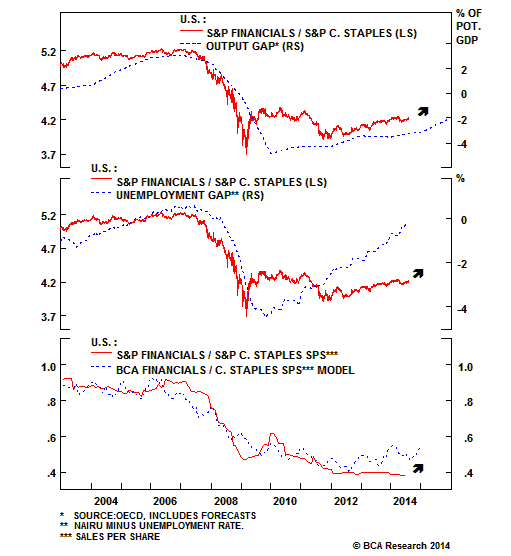Solar batteries could be utilities' next headache
By Christoph Steitz and Stephen Jewkes | Reuters – Fri, Mar 8, 2013
FRANKFURT/MILAN (Reuters) -
Renewable energy (NasdaqGS:
REGI -
news) is constantly evolving and challenging traditional utilities but one growing sector could make home-generated power much easier to use and cut customers' dependence on energy companies dramatically -
solar batteries.
A major conundrum with solar panels has always been:
how to keep the lights on when the sun isn't shining.
Solar batteries allow homes and businesses to store solar power to use in the hours of darkness and can also help to create "smart grids" that react to sudden power swings and free stored energy when needed.
The technology is still expensive and not widely used but with energy bills soaring for consumers, it could quickly gain market share and reduce dependence on utilities, which are already struggling with overcapacity and weak demand.
Italy has some of the highest power prices in Europe and is looking at how to cut costs to allow its businesses to compete.
Nicola Cosciani, head of energy storage at Italy's top industrial battery maker Fiamm, says heavy power users like cement and steel makers are looking at generating and storing their own solar power - and even selling excess power from their batteries on to the grid.
"Germany and Italy will be explosive markets for residential storage and big energy users are also starting to show an interest. This is a game changer," he told Reuters.
By 2020, the EU aims to get 20 percent of its energy from renewables. That compares to 12.5 percent of the EU energy mix in 2010 and 8.1 percent in 2004, according to most recent EU statistics. Batteries will be crucial in reaching this target.
In Germany, the world's largest solar market and Europe's largest energy consumer, about 40 percent of all modules sold have been installed in homes, directly hitting demand for power from E.ON and RWE (Xetra: 703712 -
news) .
A four-person household can cut the amount of power it uses from the grid by 30 percent per year if it uses solar panels and another 30 percent if it uses a solar battery, leaving it to buy only 40 percent of supplies from utilities.
With power bills rising and solar subsidies and battery prices falling, power storage is expected to expand dramatically within the next 2-4 years.
PRICE FALLS
Solar batteries look like a large car battery and are usually installed in the basement of a house, hooked up to a solar panel outside and on to the grid with an inverter.
That allows the batteries to charge up and store excess energy during the day and release it in the evening. They can also release surplus energy on to the grid.
The kit is still expensive but the price of solar panels has already dropped two thirds in the last two years and the price of batteries is expected to halve in the next few years.
A single solar battery costs about 800 euros per kilowatt hour (kWh), so an average 6kWh battery costs about 5,000 euros (4,324 pounds).
Including installation, tax and components to connect it to the grid, an average household - which consumes 3,500 kWh per year - would pay about 10,000-20,000 euros per storage system.
"We believe that lithium batteries will be available for 400-500 euros per kilowatt hour (kWh) in a few years, featuring a lifespan of 20 years," said Martin Rothert, product manager at SMA Solar, Germany's largest solar company.
Solar batteries use either lead-acid or lithium-ion.
Germany plans to support the installation of solar batteries with at least 50 million euros in credit lines which will also support a greater roll-out.
Italian energy consultant BIP said the battery market will reach at least 9,000 megawatts (MW) of capacity by 2020 from today's 270 MW.
"Due to rising supply and awareness, we expect several tens of thousands of these systems to be sold in Germany this year," said Norbert Hahn, board member at IBC Solar.
Batteries are also needed to develop smart grids, which adjust power supply to satisfy demand across the network.
Seeing the writing on the wall for traditional generation and distribution, Italian utility Enel (Milan: ENEL.MI - news) has done a deal with Japan's NEC - one of the world's leading energy storage system makers - to roll out new generation smart grids.
Developing smart grids can help cut costs and allow independent renewable energy providers to sell their power into the grid. Renewable energy, once capital costs are amortised, is cheaper and more secure.
"The idea is to apply the same principles of the Internet to electricity networks - any device hooked up can send and receive content," said Ugo Govigli, vice president for European smart grid solutions for NEC Italia.
(Additional reporting by Paul Arnold in Zurich; editing by Jane Barrett)
Source:
http://news.yahoo.com/solar-batteries-could-utilities-next-101729309.html










 New York Magazine
New York Magazine 



 NYT Business
NYT Business